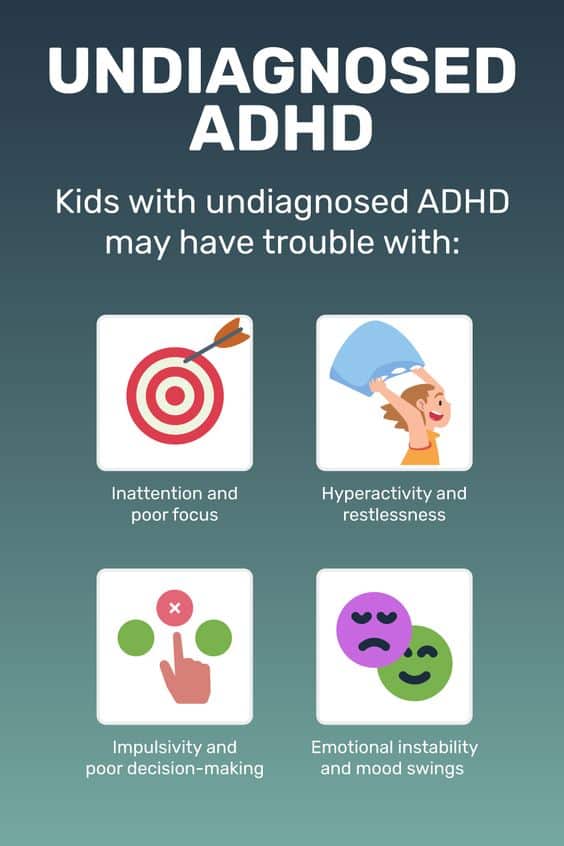Vyvanse is a medication commonly prescribed to help children with attention deficit hyperactivity disorder (ADHD) manage their symptoms and improve their daily functioning. Vyvanse is used to treat:
- Attention deficit hyperactivity disorder (ADHD): Vyvanse helps children with ADHD by improving their ability to concentrate, stay organized, and control their behavior.
- Inattention: It helps children who struggle with paying attention, staying focused on tasks, and following instructions.
- Hyperactivity: Vyvanse can reduce excessive motor activity, such as fidgeting, restlessness, and difficulty sitting still.
- Impulsivity: It assists in managing impulsive behaviors, such as interrupting others, blurting out answers, or acting without considering consequences.
It’s important to consult with a healthcare professional to determine if Vyvanse is suitable for your child and to discuss potential risks and benefits.
This post was originally published on Feb. 20, 2023. It was updated on Dec. 23, 2023.














